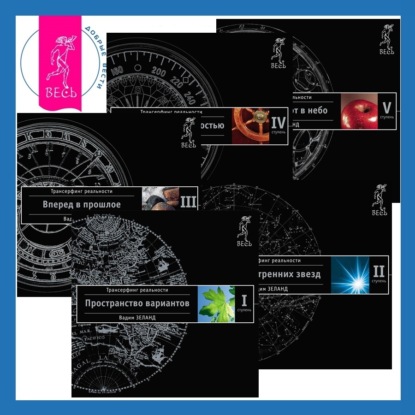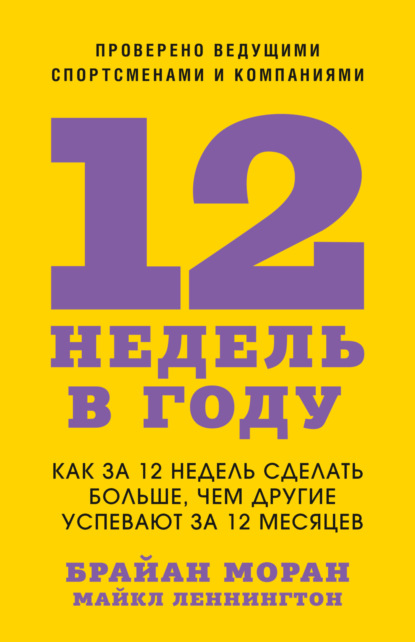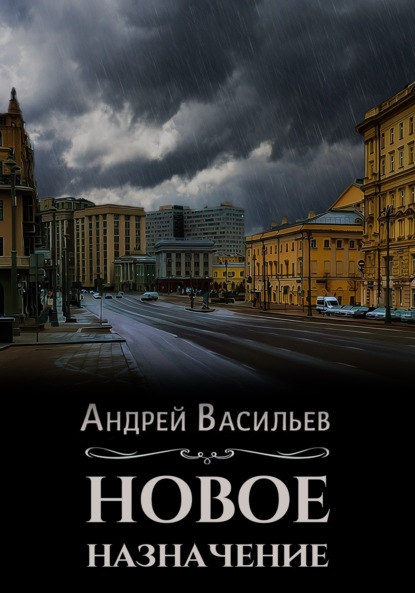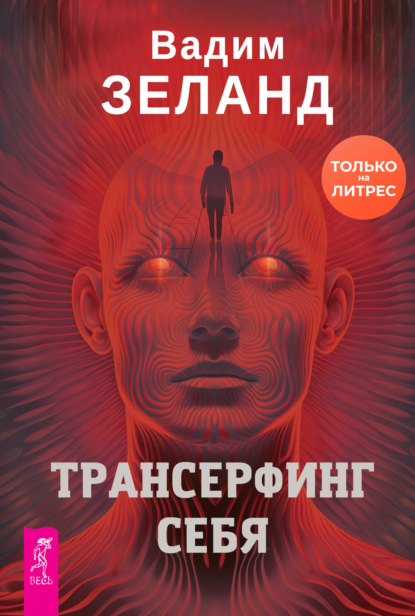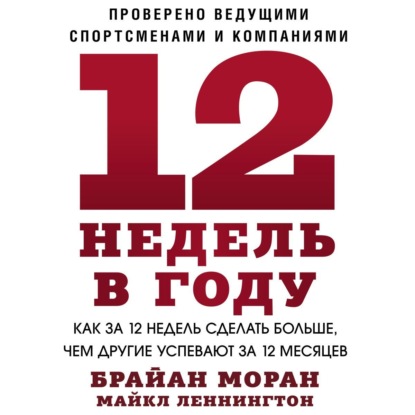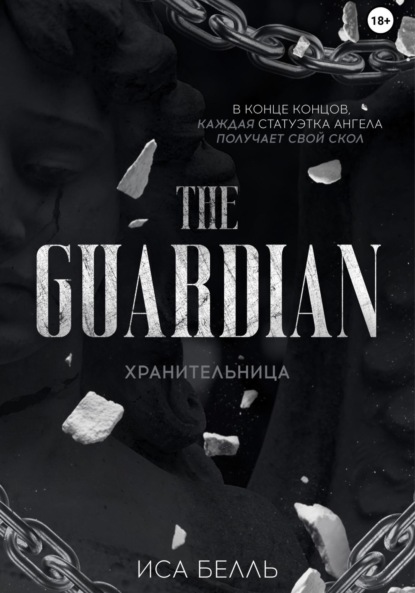The Meaning of Learning and Knowing, co-authored by Erik Jan van Rossum and Rebecca Hamer, brings together empirical studies on epistemology, student thinking, teacher thinking, educational policy and staff development forging a solid and practical foundation for educational innovation. Since the 1980s they developed and published about a six-stage developmental model describing the qualitatively different ways students and teachers view learning and good teaching. A model with far reaching consequences for education, educational innovation and democratic society. Their comprehensive review of research from many disciplines underpins the empirical evidence of over 650 students and teachers. Each of the six worldviews results in a unique way of meaning making. These six Ways of Knowing, or Orders of Consciousness, are characterised by increasing complexity of thinking, with fourth level thinking - or self-authorship - representing the most common espoused goal of higher education. Ample evidence is presented that higher education is not attaining its own espoused goals. One explanation may be that many teachers in higher education have not themselves reached the minimum required way of knowing, preventing them from constructing a developmental path for their students. Van Rossum and Hamer"s epistemological model provides clear signposts on the developmental education highway and has proven its worth as an instrument for curriculum design, measurement of epistemological development and as a tool for staff development. Это и многое другое вы найдете в книге The Meaning of Learning and Knowing (Erik Jan van Rossum)
The Meaning of Learning and Knowing Erik Jan van Rossum (книга)
Подробная информация о книге «The Meaning of Learning and Knowing Erik Jan van Rossum». Сайт не предоставляет возможности читать онлайн или скачать бесплатно книгу «The Meaning of Learning and Knowing Erik Jan van Rossum»




